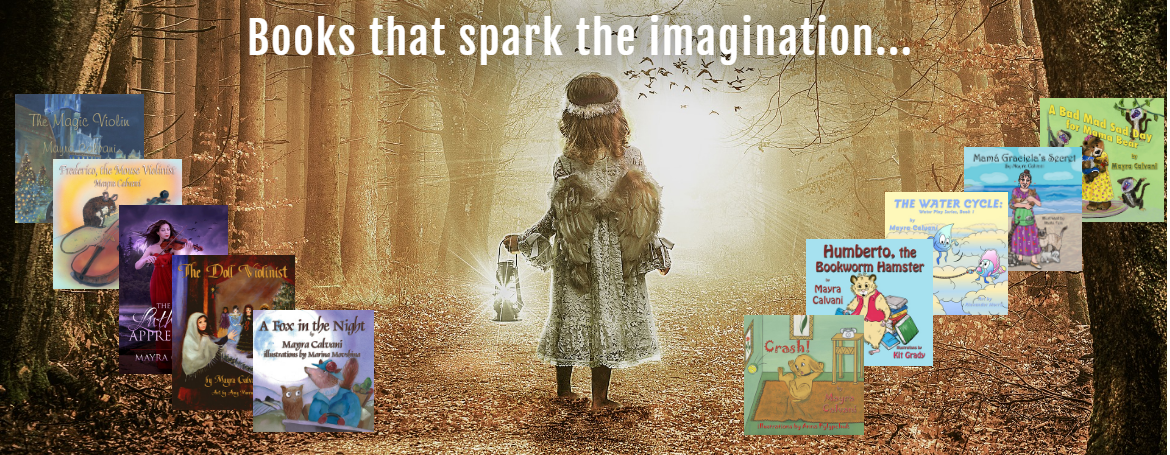Learn to Write Children's Books That Shine, by Lisa Brunel
Are you someone who loves the idea of telling stories to children? Stories are important part of the way that we teach the children around us and writing a children's book is one way to do it! The truth of the matter is that while writing a children's book might be tougher than it looks at first glance, it is actually easier than many people make it out to be and if you learn to write children's books the right way you will be way ahead of those who don't. You need to make sure that you are taking the steps that allow to book to shine, and taking a look at some of the tips below will help you.
The first thing that you need to remember when you learn to write for children is that you need to keep the pace up. A book's pacing refers to how it flows and you need to find the pace that suits you. For instance, a book about trying to find a lost puppy might involve a lot of fast pacing and short phrasing, while a book about a lazy Saturday afternoon might have a more slow and soothing pace. Take some time and think about the book that you want to write and make sure that you have chosen the appropriate pace that is good for the story and for the reader, for that story you are trying to tell.
Another thing that you need to do is to learn to write a story that your audience can relate to. Children like to read about children as do adults about adults. Can your audience put itself in the place of your main character, and are the things that your main character is doing something that the audience might do? For this to work, you need to think about how logic works and what other people might do. There are many different ways for you to take your children's book, but at the end of the day, you will find that finding the right path means finding the logical one.
When you want to look into writing a children's book and making your writing shine, remember that you should never talk down to the audience. There have been many authors that do this, and it is a sure sign that children are going to get irritated with the book. Put your trust in your audience to be able to understand what is going on, and don't feel as if you need to explain everything to them. Similarly, do not assume that some things are over their heads. Children are very familiar with negative emotions like anger or jealousy, so if your story calls for them, think seriously about how you are going to present them.
Finally, when you to learn to write a children's book, remember that showing something happening is more important than telling it and you will get a better response if you do. The younger your audience, the more you need to show things happening so they can feel the emotion in the words. The truth is that writing a children's book is something that takes time, effort and dedication. You need to read other authors' books and look at the style of writing they use and you should look into the wealth of information out there. The more you know about children's books, the better off you are going to be, so take some time and really consider what your resources are.
| When you learn to write for children, it can be a daunting experience, but not when you have help form those who can show you the right way! Sign up for our free newsletter at http://www.learntowriteachildrensbook.com and start receiving everything you need to know about writing for children. |  |

Comments